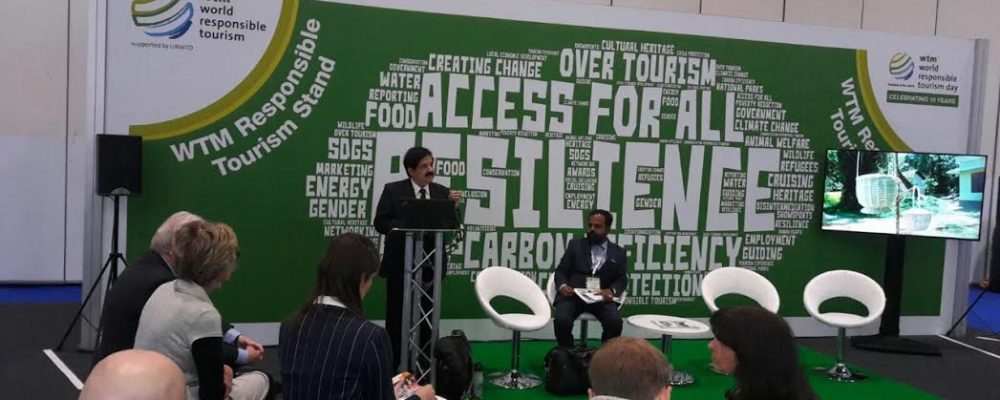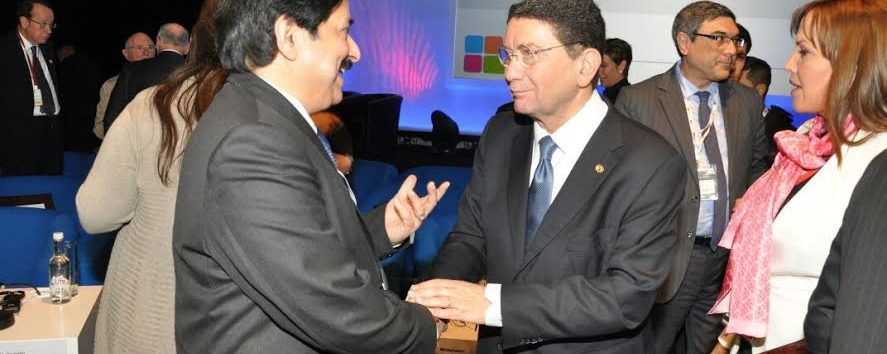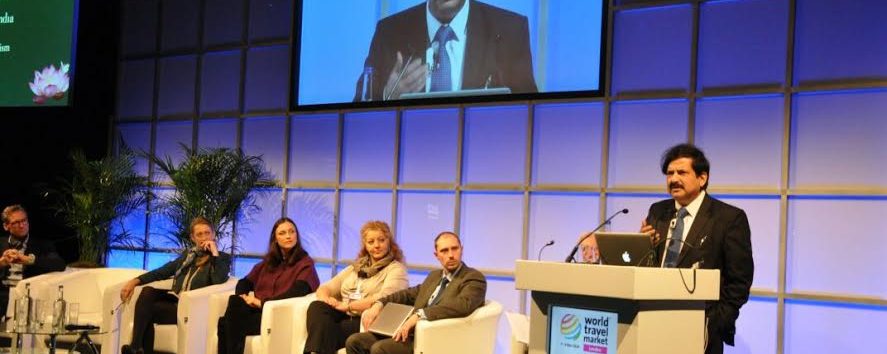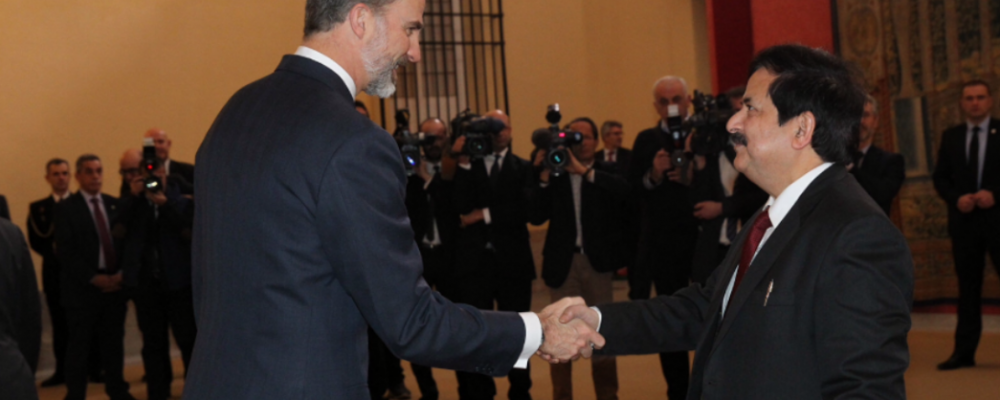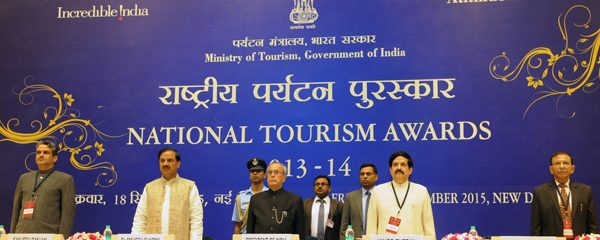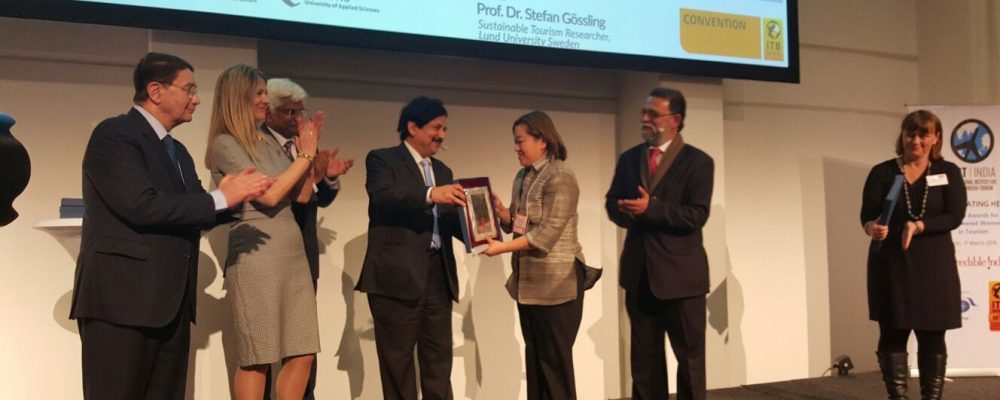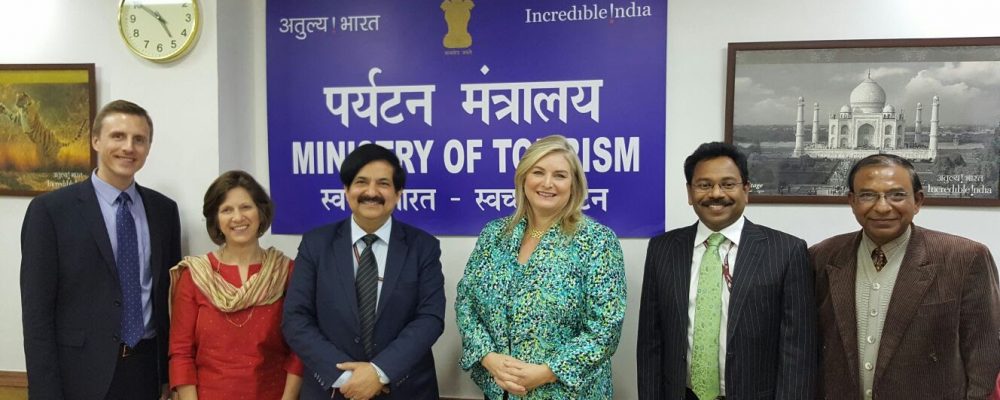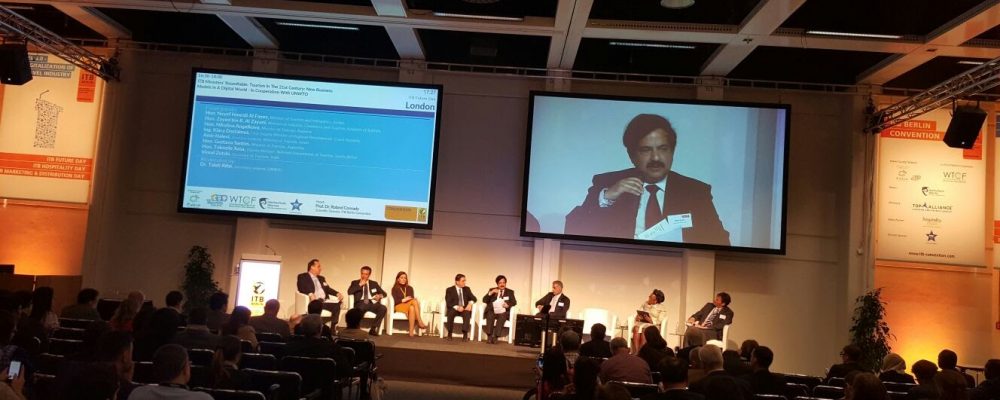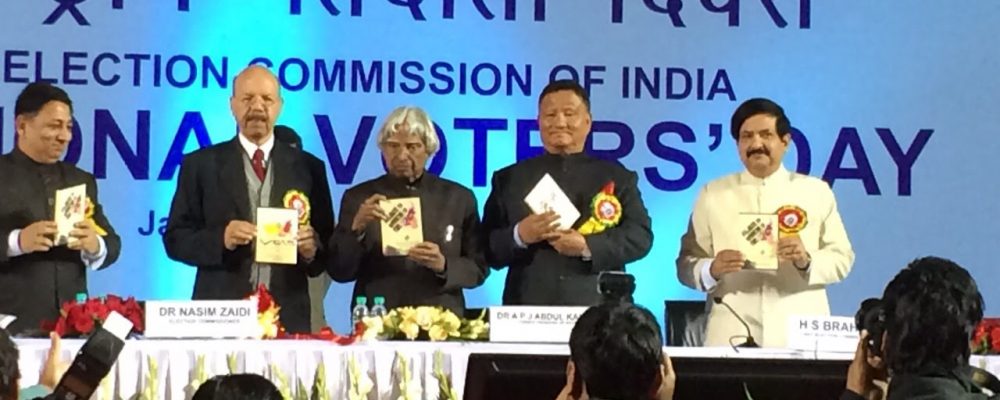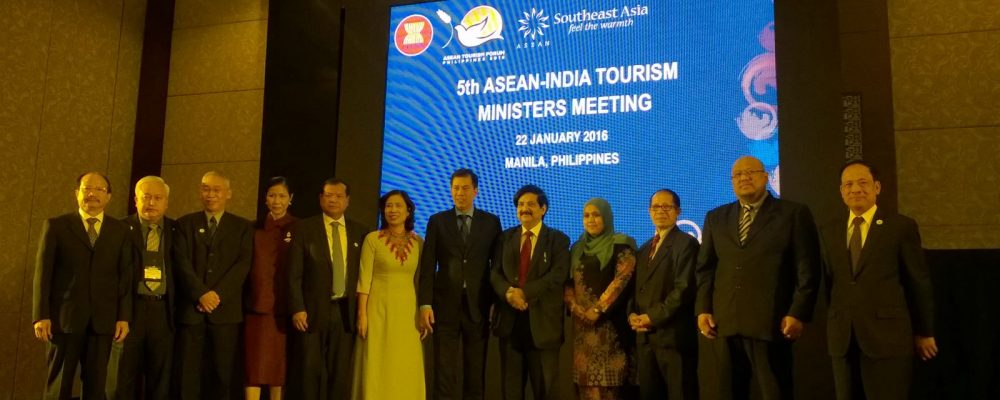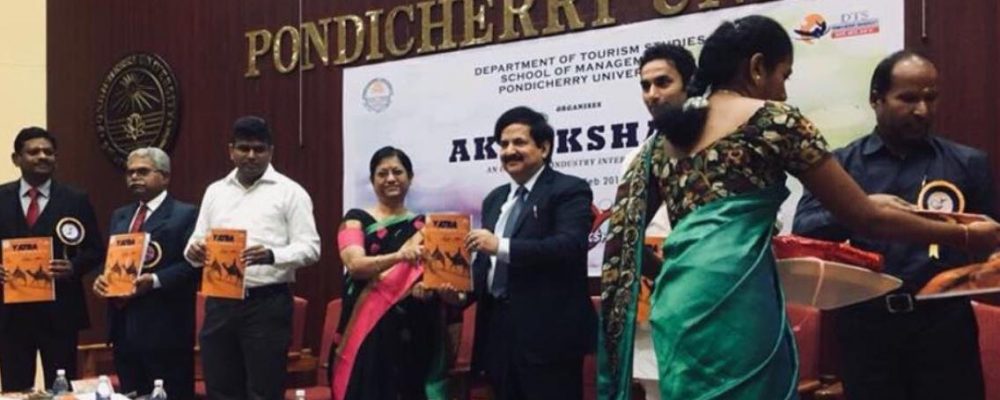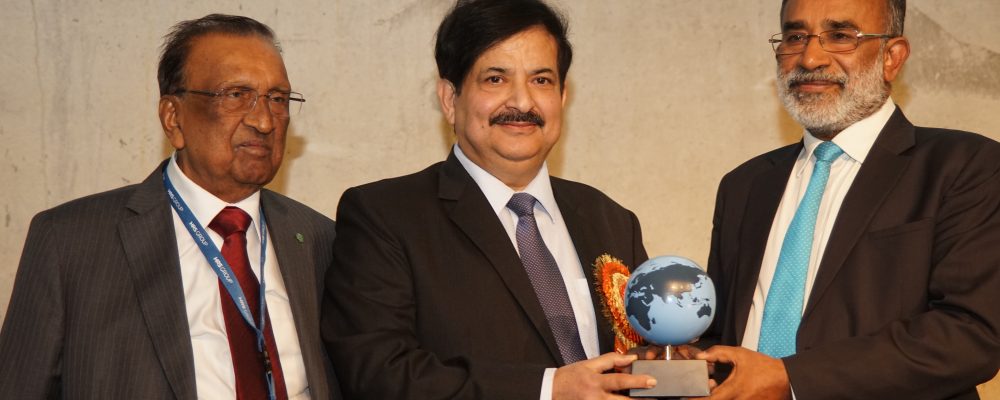Sustainable Development Goals and Management Practices in Tourism & Hospitality Sector.
It was a pleasure to participate and speak at Lovely Professional University, Jalandhar during the International Conference, on one of the most-discussed subjects “Sustainable Development Goals and Management Practices in Tourism & Hospitality Sector”.
It was also a matter of great pleasure for me to visit an Indian University, which is considered to be having one of the biggest and best infrastructure in the World.
The reason why the whole world is talking about Sustainability in Tourism, and the reason why most of the 17 Sustainable Development Goals (SDGs) enunciated in UN’s 2030 agenda, refer to travel & tourism, is because the world has accepted its virtues and considers tourism as:
- A pillar of economies.
- A major engine of economic growth.
- As pro-poor, inclusive and one of the biggest employment generators and
- A key element for sustainable development of economies.
This point is validated by the fact that, globally, travel & tourism is today a 7.6 trillion Dollars industry; provides more than 300 million jobs; contributes 10.2% in global GDP and today 1.6 billion people are travelling every year all over the globe.
Sustainable Tourism is therefore the only alternative and optimal choice to enjoy the benefits and virtues of tourism, for all times to come, and to pass on to future generations. The onus of Sustainable Tourism, however, lies on each of us.
Governments must formulate new policies, make policy corrections and take bold initiatives to maximize social and economic benefits to the local communities; conserve natural resources; protect heritage and bring in awareness in a campaign mode.
The travel & tourism industry must follow the guidelines and indicators of Sustainable Tourism Criteria of India (STCI) based on Global Sustainable Tourism Criteria (GSTC).
The hospitality sector must also follow the guidelines of Tourism Ministry to bring about eco-friendly practices such as rain water harvesting, waste management, sewage treatment, pollution control and energy conservation methods.
The host community must volunteer to participate in development of tourism in their area and to seek employment.
The Academia has to be proactive in creating awareness among students, sensitizing the faculty and bring in necessary inclusions in the curriculum.
And finally, the individual traveller has to act responsibly.
TRAVEL, ENJOY AND RESPECT, the slogan of UNWTO must be followed by all in letter and spirit.






